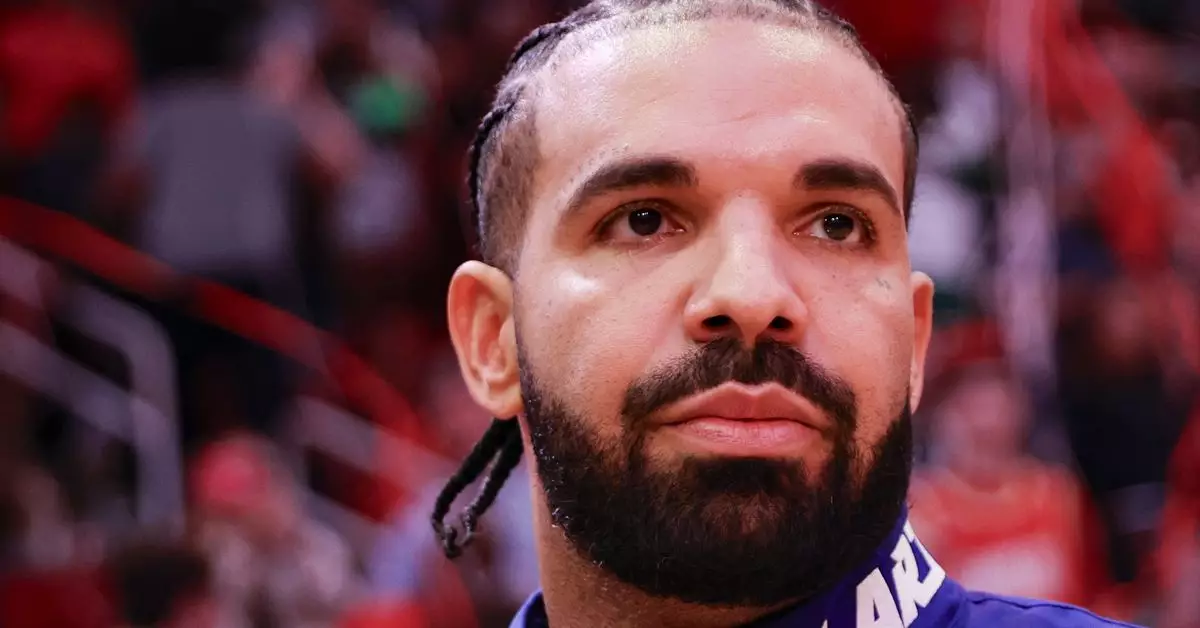Recently, Drake found himself in hot water after posting a diss track titled “Taylor Made” that featured AI-altered vocals sounding like the late rapper Tupac Shakur. Not long after its release, Tupac’s lawyers warned Drake of potential legal action if the song was not taken down. This threat prompted Drake to remove “Taylor Made” from his profile within 24 hours, indicating that the message from Tupac’s estate was taken seriously.
Drake’s decision to release “Taylor Made” was seen as a response to his feud with fellow rapper Kendrick Lamar. It is speculated that Drake incorporated AI-altered voices resembling Tupac and Snoop Dogg in the track as a jab at Lamar’s admiration for these iconic rappers. This move not only escalated the ongoing beef between Drake and Lamar but also raised concerns about the ethical use of AI in music production.
One of the key concerns raised by Tupac’s estate was whether Drake profited from the unauthorized use of AI-altered vocals in “Taylor Made.” Given that the track was not officially released on streaming platforms, it remains unclear if Drake made any direct income from the song. However, the widespread circulation of the song on the internet highlights the financial risks associated with leveraging AI technology in music without proper authorization.
Drake’s use of AI-altered vocals in “Taylor Made” underscores a broader trend in the music industry where artists experiment with technology to enhance their creative output. While some view AI as a tool for innovation and artistic expression, others perceive it as a threat that undermines the authenticity and originality of music. The controversy surrounding “Taylor Made” serves as a cautionary tale for musicians navigating the fine line between creativity and legal compliance in the digital age.
Drake’s encounter with Tupac’s lawyers over the use of AI-altered vocals in “Taylor Made” sheds light on the complex legal and ethical considerations surrounding technology in music production. As artists continue to push the boundaries of innovation, it is essential to uphold the integrity of intellectual property rights and respect the legacy of iconic figures in the industry. The fallout from this incident serves as a reminder of the importance of approaching technological advancements in music with caution and responsibility.


Leave a Reply
You must be logged in to post a comment.